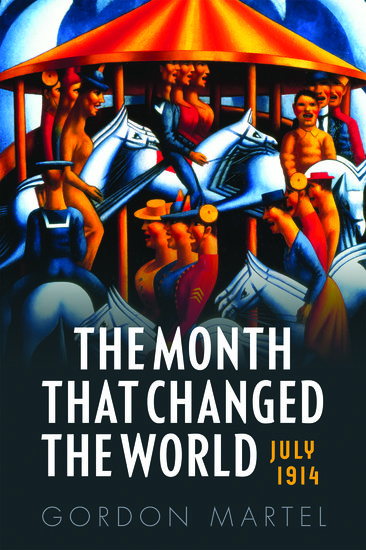Five questions for Rebecca Mead
On Tuesday 8 July 2014, Rebecca Mead, author of My Life in Middlemarch, leads a discussion on George Eliot’s Middlemarch. Each summer, Oxford University Press USA and Bryant Park in New York City partner for their summer reading series Word for Word Book Club.








